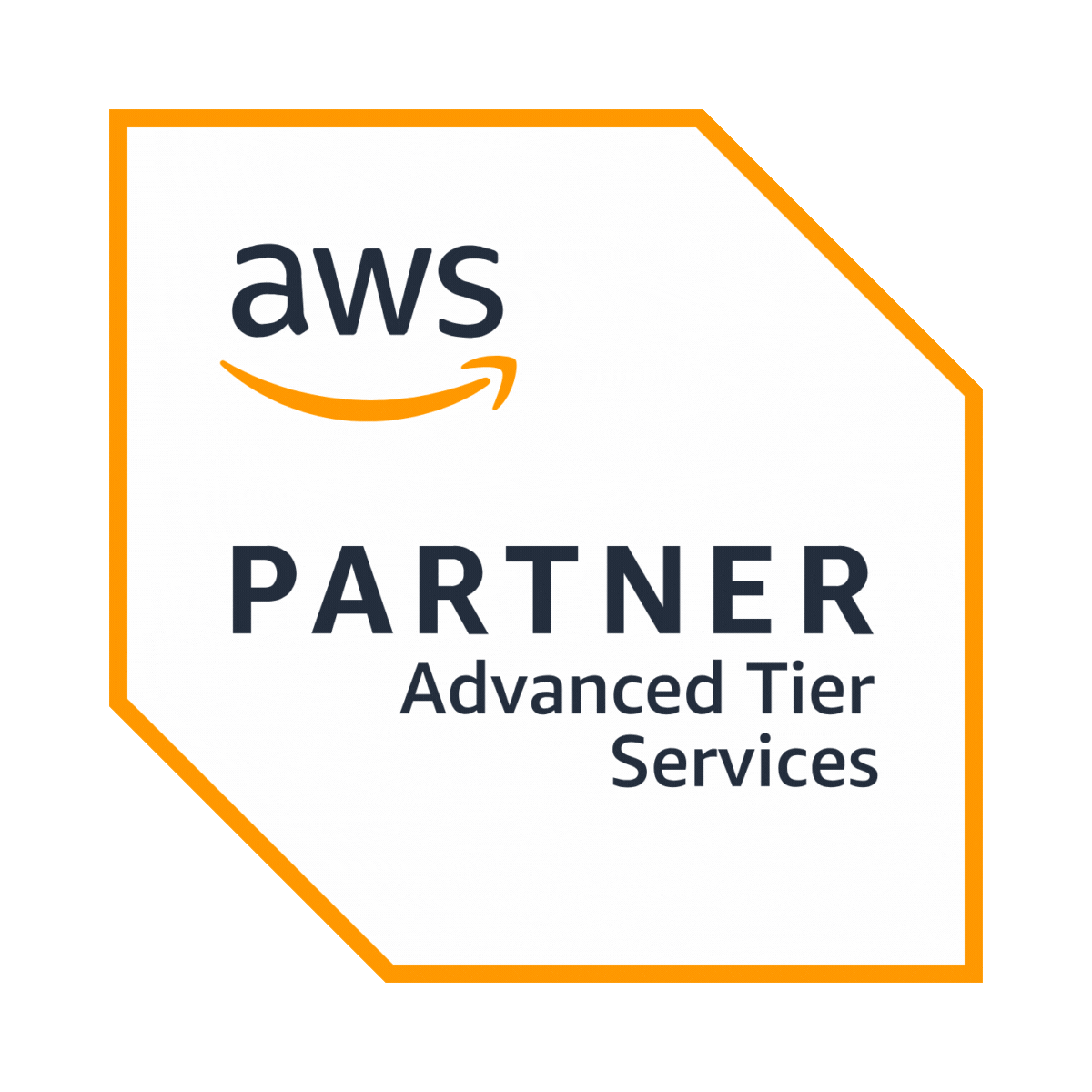In recent years if you look at the top technology trends, you will most definitely spot cloud computing among the listed few. Cloud computing is not a new technology and throughout the year companies and enterprises have been utilizing the cloud environment for safe and efficient data management. In this blog, we will try to shed some light on the whats and hows of distributed cloud computing and the benefits that it offers. Without further ado, let’s dive in.
But in recent times, distributed cloud computing has been doing the rounds. Today when digital innovation is booming, the need to protect data, and manage it more smartly has become an important factor for companies.
Therefore, in order to make data transfer much faster, safer, and seamless, distributed cloud technology is gaining weight. So much so that given its popularity, Gartner has predicted that by 2024 most cloud service platforms will provide at least some distributed cloud services.
Now that’s a trend to follow.
What is Distributed Cloud Computing?
A distributed cloud can be perceived as a public cloud that runs in multiple geographical locations. In simple words, if a company uses distributed cloud services, it will be able to store and process its data in several different centers that are located in different locations.
Distribution of data and applications across various cloud resources, cost, speed of transfer, regulatory needs, company preferences, etc are all major factors.
We must consider all the parameters and the process to regularize monitoring so businesses can take action without any delays. This sometimes becomes a tasking job for the IT team.
Distributed cloud is the easiest way out of this problem. With it, operators take full responsibility for operating, managing, updating, and developing cloud services while seamlessly distributing customer data. The IT infrastructure is almost abstract to the users.
Benefits of Distributed Cloud Computing

Distributed cloud computing can prove to be of great significance for any business that utilizes cloud computing. Check out some of its benefits below!
1. Faster Data Transfer
The speed of any data transfer is determined by the amount of computing power the system needs to process the user’s request and deliver the required data.
In the case of public clouds, during data transfer, the data first travel a long distance before reaching the users. A distributed cloud solves this problem. This is because the data centers are in close proximity to one another and so the data travels faster.
2. Lower Cost
A distributed cloud is quite cost-effective. As discussed above, when the user consumes lesser computing power to make a request and get a response, the amount due to be paid to the distributed cloud vendor automatically becomes less.
3. Single Dashboard Management
When it comes to making the decision to choose a hybrid cloud or distributed cloud there is a big advantage distributed cloud offers. Through the distributed cloud it can be managed and requested from a single dashboard.
So, any company using the distributed cloud has to partner with only one distributed cloud computing vendor instead of multiple ones. This also makes distributed cloud more useful than multi-cloud computing.
4. Data Recovery and Protection
A single cloud vendor might own several cloud environments but all those are independent and do not rely on one another. Another advantage of distributed computing is that cloud environments are independent, despite being owned by a single vendor.
Anyone using them has a better option to protect his or her data by backing up all the important information and distributing it across the different cloud environments. This way also makes up for a strong recovery process as if any data storage fails, the rest are working.
Use Cases of Distributed Cloud

There is more than one use case of distributed cloud computing. Let’s take a look at the best 4 ways your business can utilize distributed cloud computing.
1. App Development
Cloud-based mobile app development has been gaining popularity in recent times. These apps are delivered to a variety of mobile devices over the internet and rely on mobile cloud computing.
While other traditional mobile applications first need to be downloaded and installed on a mobile, users can access a cloud mobile app from almost any mobile device or computer, all they need is a working internet connection.
Looking to develop a cloud-based app for your business? Our digital product development company can help you build a highly immersive cloud-based app.
2. Content Optimization
Distributed clouds can efficiently act as a network for content delivery. This way it can improve the streaming experience and also help in reducing the web page load time latency. This can also increase the possibility of a great experience for a variety of applications.
3. Scaling on-Demand
With the distributed cloud, you can expand the existing locations without building any additional infrastructure. The cloud footprint can grow according to your changing needs.
4. Single Pane of Glass Management
A distributed cloud can lead to opportunities for hybrid or multi-cloud deployment. This way you can manage all the cloud infrastructures as a single cloud.
Conclusion
Customer experience will be the most crucial factor in the years to come. The future will be full of applications that utilize more tech trends such as IoT, AR/VR, etc. So, to make the user experience even better, product owners can invest in distributed cloud computing.
If you are already utilizing cloud computing, you can enhance it by further future-proofing your infrastructure. This will help you solve the technical issues in the long run and help your company grow.














